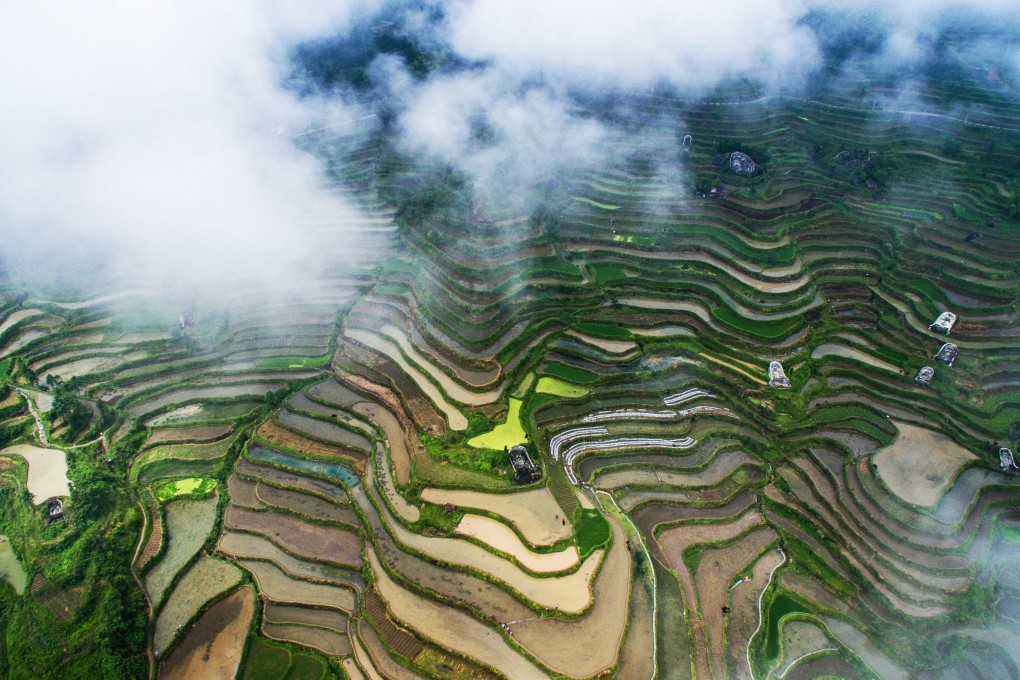Modified rice may help combat China’s smog problem, scientists claim

Mainland scientists claim to have found a way to change the genetic make-up of a popular type of rice, which could require less fertiliser and thus help the environment.
Chinese rice, especially the japonica subspecies grown in northern provinces like Heilongjiang province, requires the heavy use of fertilisers because of the poor rate at which it absorbs nitride from soil and water. Plants need nitride to grow healthily.
But the fertiliser harms the soil, water and air – several studies have tied the nation’s smog levels to nitrogen fertilisers.
When nitric oxides are released into the atmosphere, they undergo a series of photochemical reactions that transform them into harmful fine particulates, which in turn become smog.
Although it has just 7 per cent of the world’s farmland, the mainland consumes 35 per cent of its nitrogen fertilisers. But it has been difficult to persuade farmers to scale back their use.
Scientists claim to have made headway against the problem.
